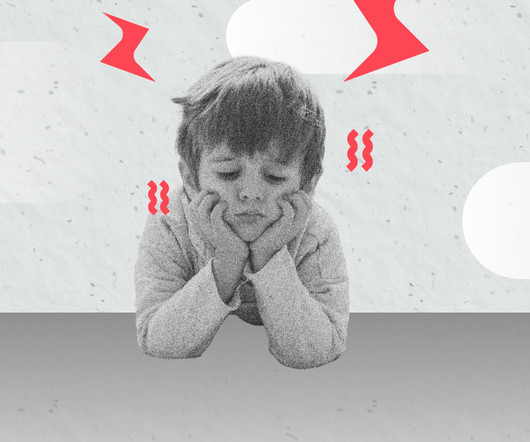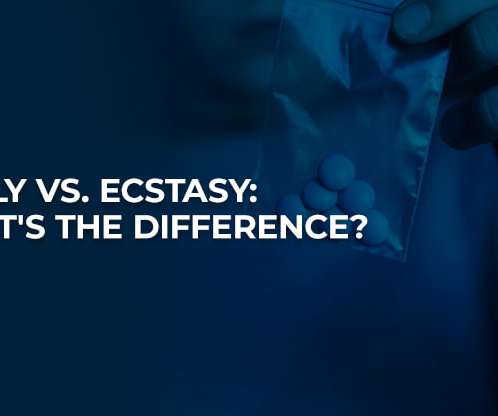Anxiety Disorders: Managing Anxiety and Stress for Better Mental Health
Psychological Health Care
OCTOBER 22, 2023
Anxiety is a natural response to stress. The reality is that for some, stress and fear can become so overwhelming and persistent that it can evolve into an anxiety disorder, impacting daily life and overall well-being. Additionally, studies show an anxiety disorder will affect nearly 30% of all adults at some stage in their lives.













Let's personalize your content